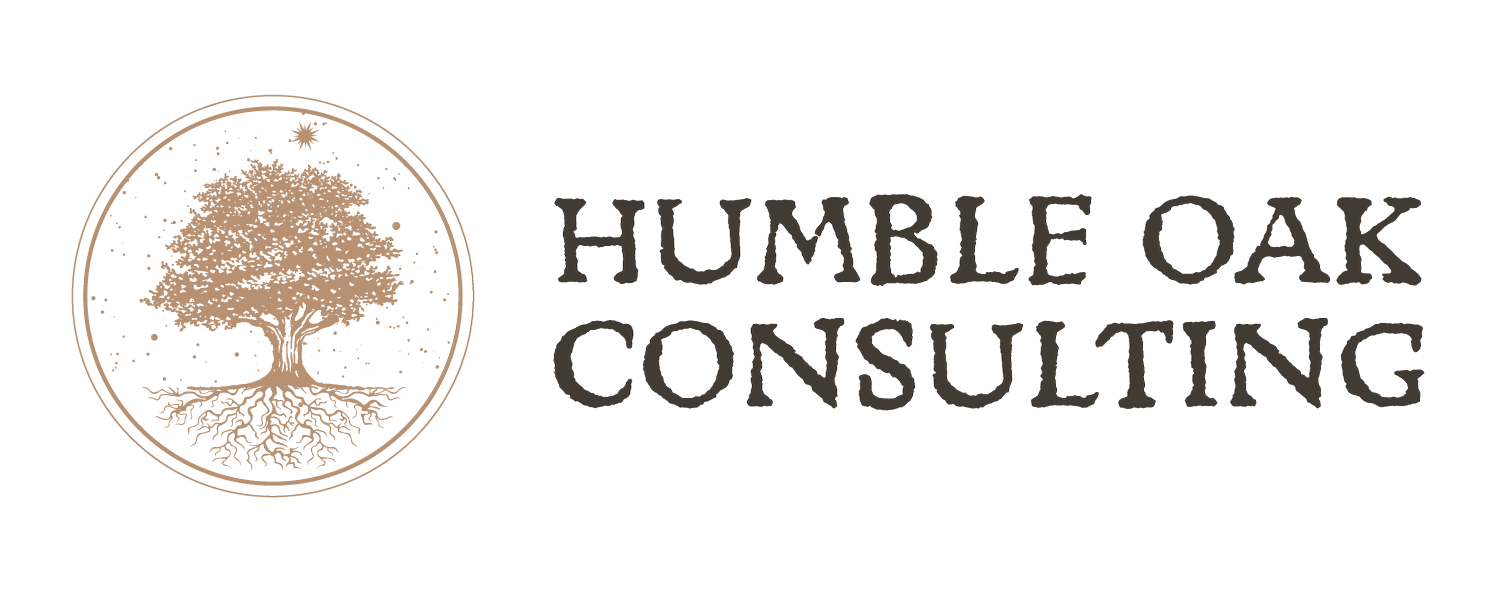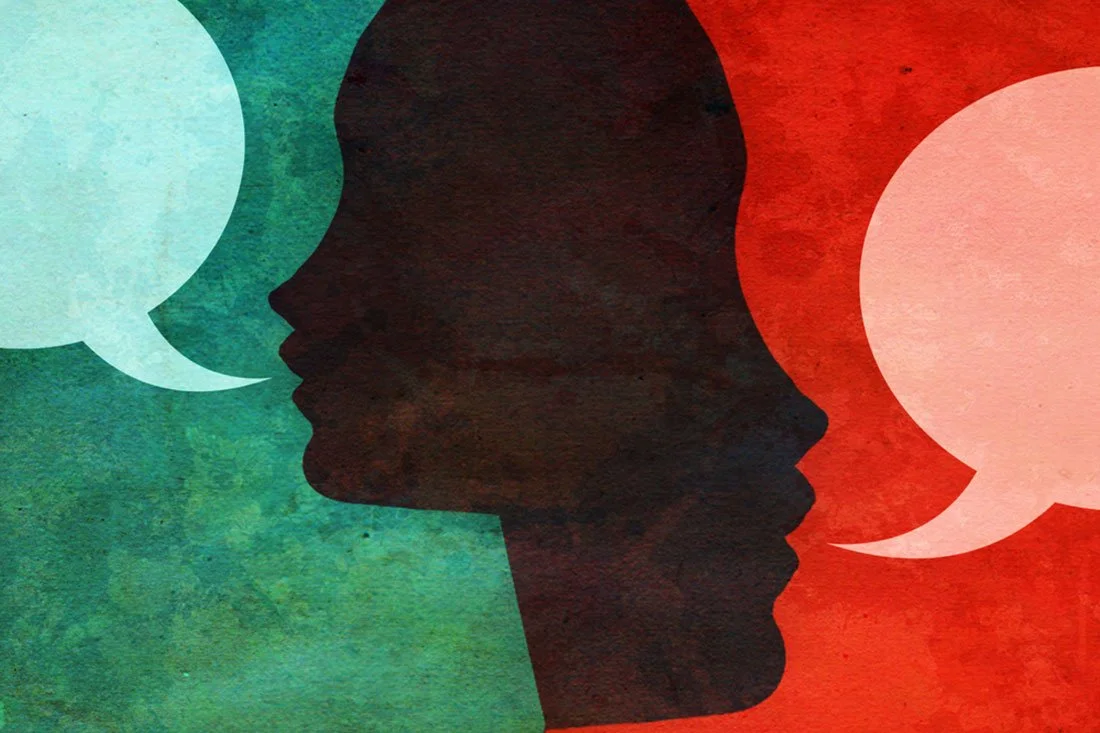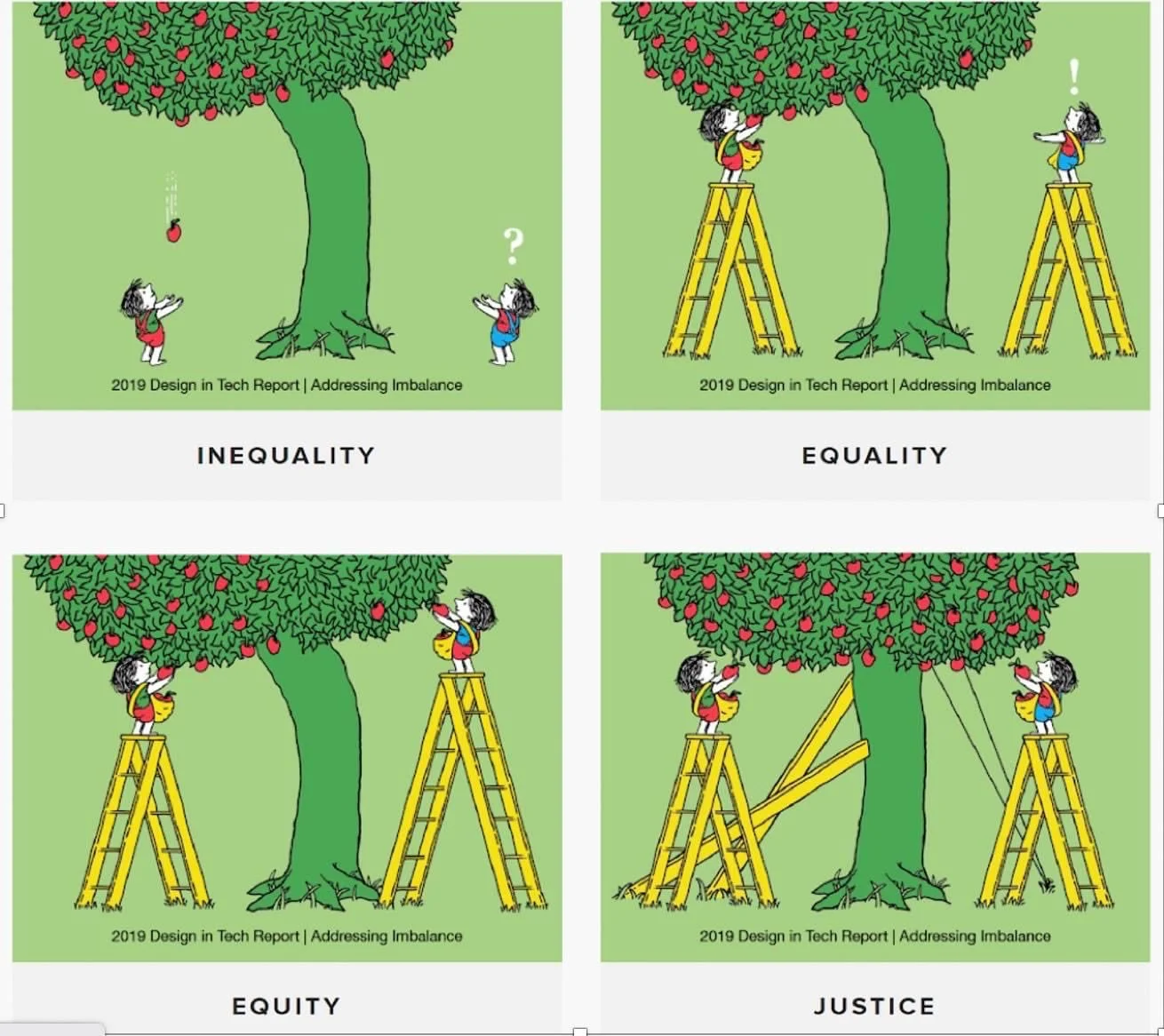Speak a new language, Make a new world
Image Credit: Success Magazine
Last week I reflected on Black History close to home and learned a lot about New Hampshire that challenged my unconscious beliefs about this state I now call home. But I also noticed that in my hometown, Dartmouth College has designated February as Black Legacy Month, rather than Black History Month. What’s up with that? I wondered.
“Speak a new language so that the world will be a new world,” the poet Rumi says. And that’s just what Dartmouth, and other towns and universities across America, have started to do. Black History Month implies that the achievements and struggles of Black people are all in the past, whereas Black Legacy Month reminds us that understanding our past is important because of the ways it helps us understand our present and envision our future. As I looked at the amazing programming Dartmouth students had organized, I noticed that some events were focused on storytelling while others were focused on celebration, healing, connection, and action.
Realizing the power of this change of word inspired me to think about other places where subtle shifts in language signal profound changes in thinking. For example-- how many of us have seen this image as an explanation of equity?
What IS helpful about this image is that it shows in a visual way how giving people a one-size- fits-all support is not successful. I have seen this or something like it hundreds of times, and it’s still the first google image result when you search “equity.” In some versions there are kids of different races, and in some they’re reaching for an apple rather than peering over a fence. But what is deeply problematic is the picture’s implication that equity helps people who are physiologically less suited for the task at hand, that somehow equity means giving a leg up to people who are intrinsically less able.
I believe equity is about recognizing the way that history, policy and systems have disparately impacted people of different races, genders, socioeconomic status, religion, and on and on. It’s not a problem with the person, it’s a problem with society, which is bigger than any of us can address on our own. This image gives us a starting point to understand that our society has been cultivated by those with education, citizenship and wealth, to grow like the bent tree. Because of its shape, there’s lots of fruit on one side and not very much on the other. Inequality is the fact that both people standing by the tree receive different harvests.
Equality and equity are portrayed with the familiar concept of the ladder. But the justice slide is where it really changes for me-- the tree has been supported with props on one side and ropes on the other and is now growing apples on all sides. The two harvesters now have the same size ladder and both can gather from the tree.
In the last week of what I will now celebrate as Black Legacy Month, I’m left wondering not just about how our society can be more equitable but how we can open our hearts to justice and liberation. I think of liberation as living outside patterns of thought and behavior we’ve learned from an inherently unjust society.
Liberation means listening. It means becoming aware of structures that may be serving us just fine but are confining others. Liberation means asking, “How can I be of service?” And it means calling our privileged friends and saying, “Let me tell you about this journey I’m on. Will you join me?”



